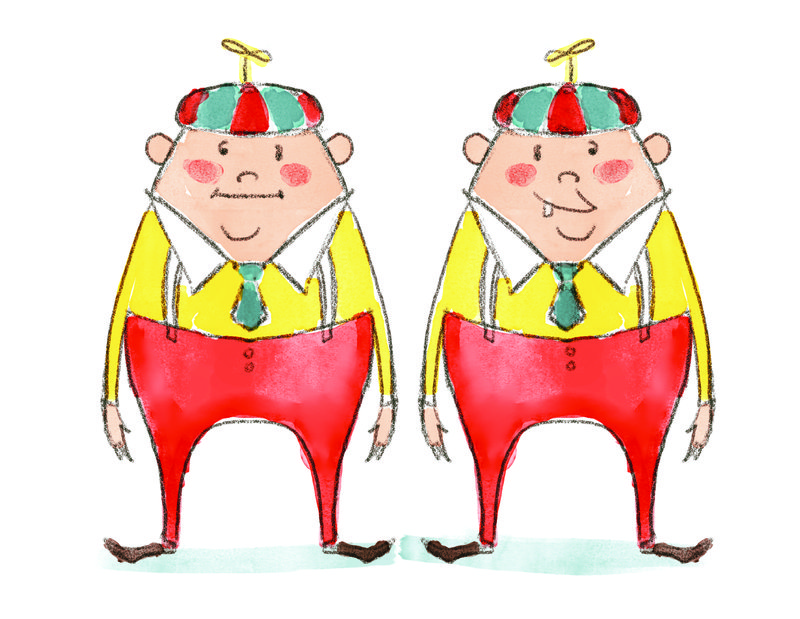I get sad when things I have come to rely on baffle me. Recently, I was editing a story and came upon the word "discursive." I wasn't sure whether it was the correct word for the sentence, so I went to my dictionary.
Merriam-Webster confused me a little on that day. Here is one two-part definition for "discursive."
a. moving from topic to topic without order, rambling.
b. proceeding coherently from topic to topic.
I find it strange that one word can mean opposite things. Was the argument rambling or was it orderly? I couldn't tell.
These words that have definitions that contradict each other are called "contronyms." The Oxford Dictionary says contronym wasn't used until the 1960s.
Other examples of these:
• sanction (a penalty for doing something wrong, or official approval)
• moot (something you debate, or something not at all worth debating)
• dust (to work to remove dust, or to add a dusting of something)
• fast (moving quickly, or held in place and not moving)
• weather (to stand strong in a storm, or to wear down because of adverse conditions)
• strike (to hit, or a miss in baseball)
• bound (stuck in one place, or heading to a different place)
Obviously, when you use this kind of word, you need to be sure that the meaning is clear from the context.
ONE LUCKY BOOK
A friend sent me a news release with an unfortunate placement of words:
Nearly killed by drunk driver on spring break, book reveals one man's dramatic recovery and rise to success.
This is a good example of a dangling participle. As this sentence is written, we are to believe that the book was the one nearly killed by the drunk driver (which, by the way, should be "drunken driver").
At the start of the sentence, the intended subject is the man. But after the comma, the sentence's subject becomes the book.
The sentence needs to be rewritten:
Book details one man's recovery and rise to success after he was nearly killed by a drunken driver.
CRAFTY BUSINESS
A reader sent me an email lamenting the fading use of the word "write." He noted that everyone these days "crafts" legislation, proposals and speeches. I did a Google search on "craft legislation" and found millions of entries. He wasn't kidding.
Remember "Just a Bill" from the Schoolhouse Rock series? Back then, Bill was just written, humbly. Of course, "craft" sounds more regal, more imposing, more special. This is why people like to use it, I suppose.
Sources: Merriam-Webster, Oxford Dictionaries, NPR
Reach Bernadette at
bkwordmonger@gmail.com
ActiveStyle on 02/06/2017
